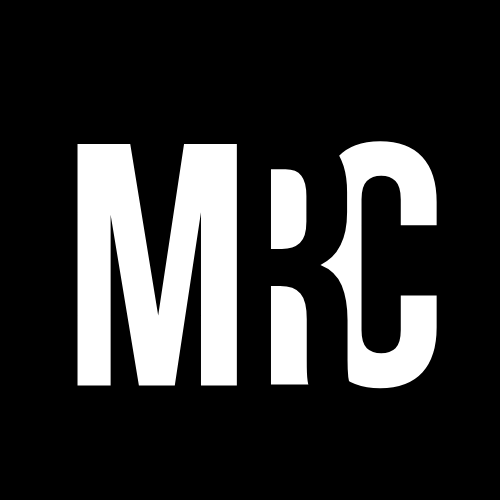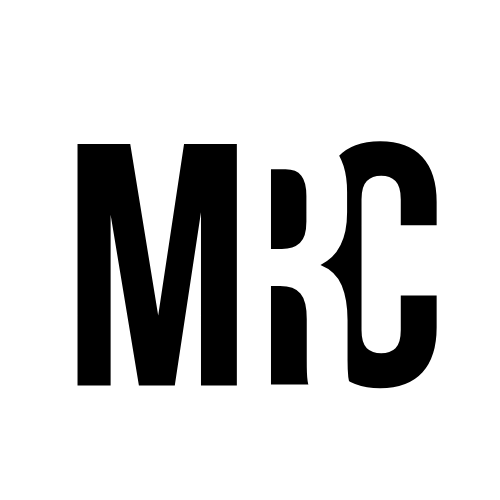More Than Orange T Shirts
What would the state of reconciliation be if every non-Indigenous person committed to a specific TRC call to action and worked on it in their own daily lives?
Not because they caused any of this but because they have benefited - from the land being their home, from the clean water they drink, to the electricity that powers their community. The Truth and Reconciliation Commission released their final report and 94 calls to action 10 years ago; have we made progress on important topics like child welfare, homelessness and health care?
The truth in “truth and reconciliation” calls us to confront the ripple effects of residential schools that remain in our communities today including Indigenous over representation of kids in care, within the justice system and in so many of our relatives experiencing homelessness. The truth calls us to acknowledge the racism and lack of care in health systems. We need to take action to prevent as much harm as possible and let Indigenous knowledge guide us towards holistic and often innovative solutions that are good for everybody. The truth calls us to accept that we only have one planet, and we have a limited supply of clean water available for ourselves and for future generations. The truth is there are communities in Canada that still don’t have access to clean drinking water, sometimes at the expense of specific Indigenous communities as was the case for Winnipeg/Shoal Lake for far too long. If the truth feels overwhelming to hear, imagine how overwhelming it is to live.
The National Day for Truth and Reconciliation, aka Orange Shirt Day, is our collective opportunity to acknowledge the atrocities of Indian Residential Schools and to remember all of the children who never made it home. The date itself is also an example of a completed Call to Action (#80). It must also be a time to take action to care for survivors, the children that did make it home. Many Indian Residential School Survivors are now senior citizens struggling without adequate financial support, without housing and without proper health care - and the truth is there are fewer and fewer every day. They might ask us for change on the median, or they might not ask for help at all due to childhood trauma and be sleeping in an encampment. They might be out giving presentations and sharing their experiences and they might be getting tired. We cannot look away. Let’s move as fast as we can to care for them and improve or create the systems needed to make it happen.
There are many road maps that can help us along the way: the TRC’s Calls to Action, the MMIWG Inquiry’s 231 Calls for Justice and the UN Declaration for Indigenous Peoples are good places to start. There have been over 1,000 recommendations over the last 3 decades around Indigenous peoples wellness in Canada (see the blog post “When All The Orange Shirts Go Home” by clicking here) from commission after commission, inquiry after inquiry.
When will our systems change?
There are almost 40 million non-indigenous people in Canada, if everyone committed to a call to action or justice I believe the state of reconciliation and the health of Indigenous peoples would be in a much better place.

